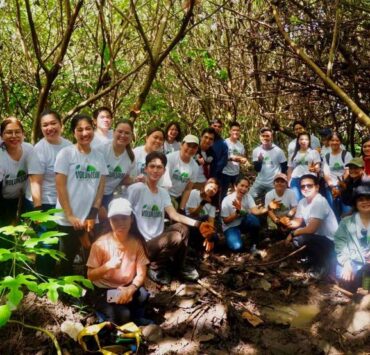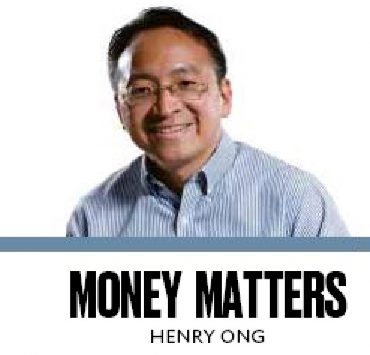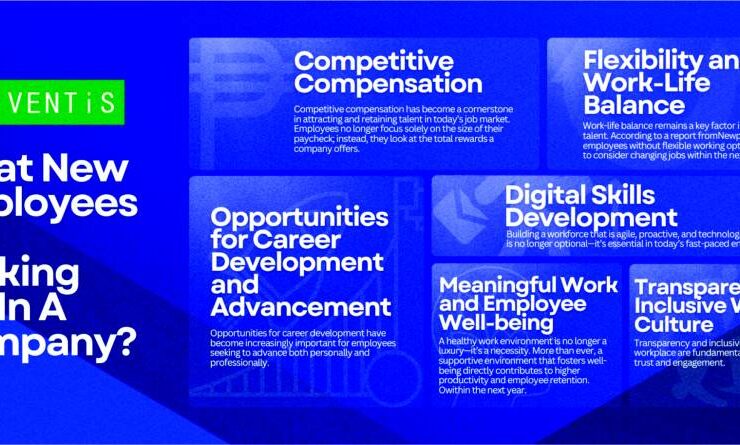‘Unstereotyping’ the workplace
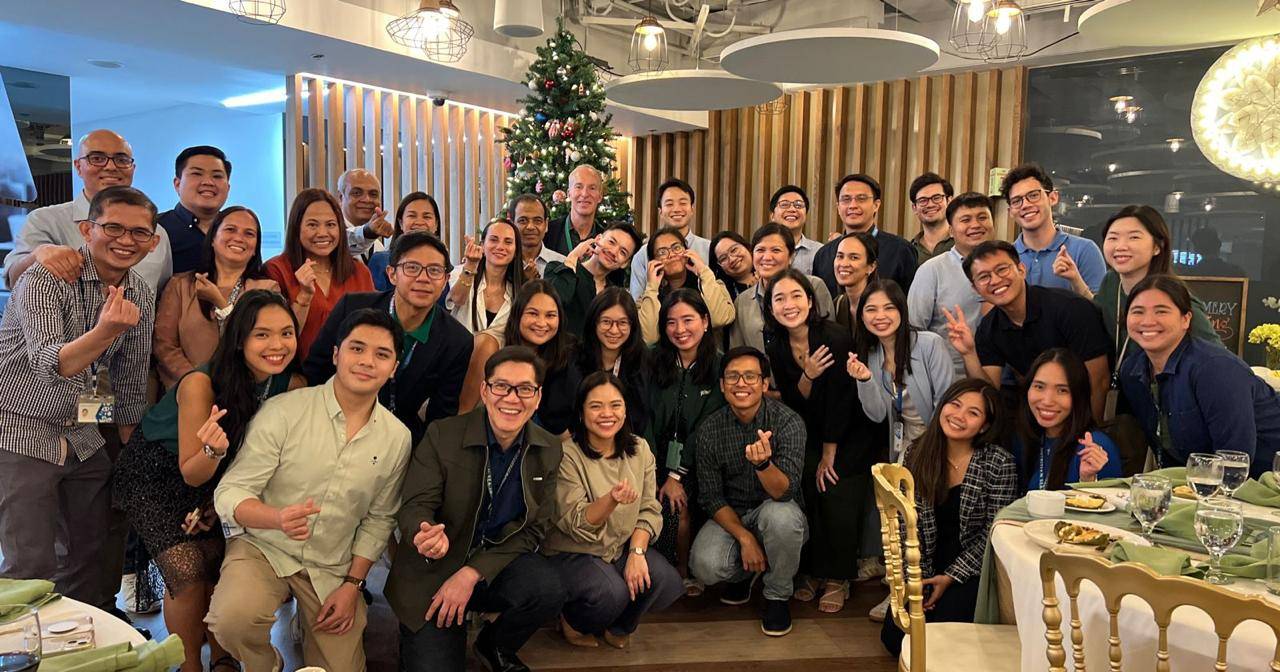
I am a “Unilifer.” I began my career with Unilever Philippines over 30 years ago, and today, I am privileged to lead a business that has been built by and has served generations of Filipinos. I have seen the company through organizational changes, including its roots as the Philippine Refining Company to what we know today as Unilever Philippines. I know what it is like to be a greenhorn in a room of senior decision-makers and to spend decades working alongside brilliant young leaders.
A diverse, multigenerational workforce, built on an inclusive culture and equitable policies, has helped Unilever remain relevant not only for the top talents of the industry but also for our consumers.
Evolving with the future of work
Automation and new technologies are reshaping many roles across industries and staying ahead while adapting to these changes is critical. But the evolution of work is so much more than addressing generational gaps and sprinting towards AI.
It’s about new ways of working, fostering a sense of belonging, and creating value for both individuals and the organization. Unilever is committed to ‘unstereotyping’ the workplace. Instead of boxing employees into generations and stereotypes, we believe in unlocking potential and empowering them to shape their own adventure. It starts with a deep reflection on one’s priorities, skills and goals. These conversations happen on a regular basis between talents, line managers, mentors and leaders. Our leaders play a crucial role in creating a psychologically safe environment. We provide training and resources to help our leaders understand the importance of psychological safety and how to foster it within their teams. By leading with empathy and understanding, our leaders create a supportive environment where employees feel valued and respected.
This exercise emphasizes individual accountability while allowing the company to build workplace policies and models that will see our employees as they go through their different life stages.
New ways of working
Our working moms benefit from office days because of the support extended through Unilever’s office day care. Many of our employees also prefer the office because it is more conducive for the work that they do but there are also those who maximize remote days to save on time and travel. The reality is that everyone’s context is different and having open conversations on how we may help our people bring their best selves to work has helped us improve productivity and well-being. We have also pioneered new employment experiences like U-Work, where employees who have moved to a different life stage — whether to continue education or to devote more time to domestic responsibilities but choose to remain productive with Unilever — may transition to fixed period assignments when there is an opportunity within the business context.
Belongingness at Unilever
Creating value for all
Unilever supports its employees through training and reskilling opportunities, ensuring equitable access to knowledge and tools, regardless of work level or age, to cultivate lifelong learning and keep our employees’ skills relevant and future-fit.
We have embraced automation for routine tasks to promote efficiency, creating mental space for our people, thereby supporting their productivity and well-being.
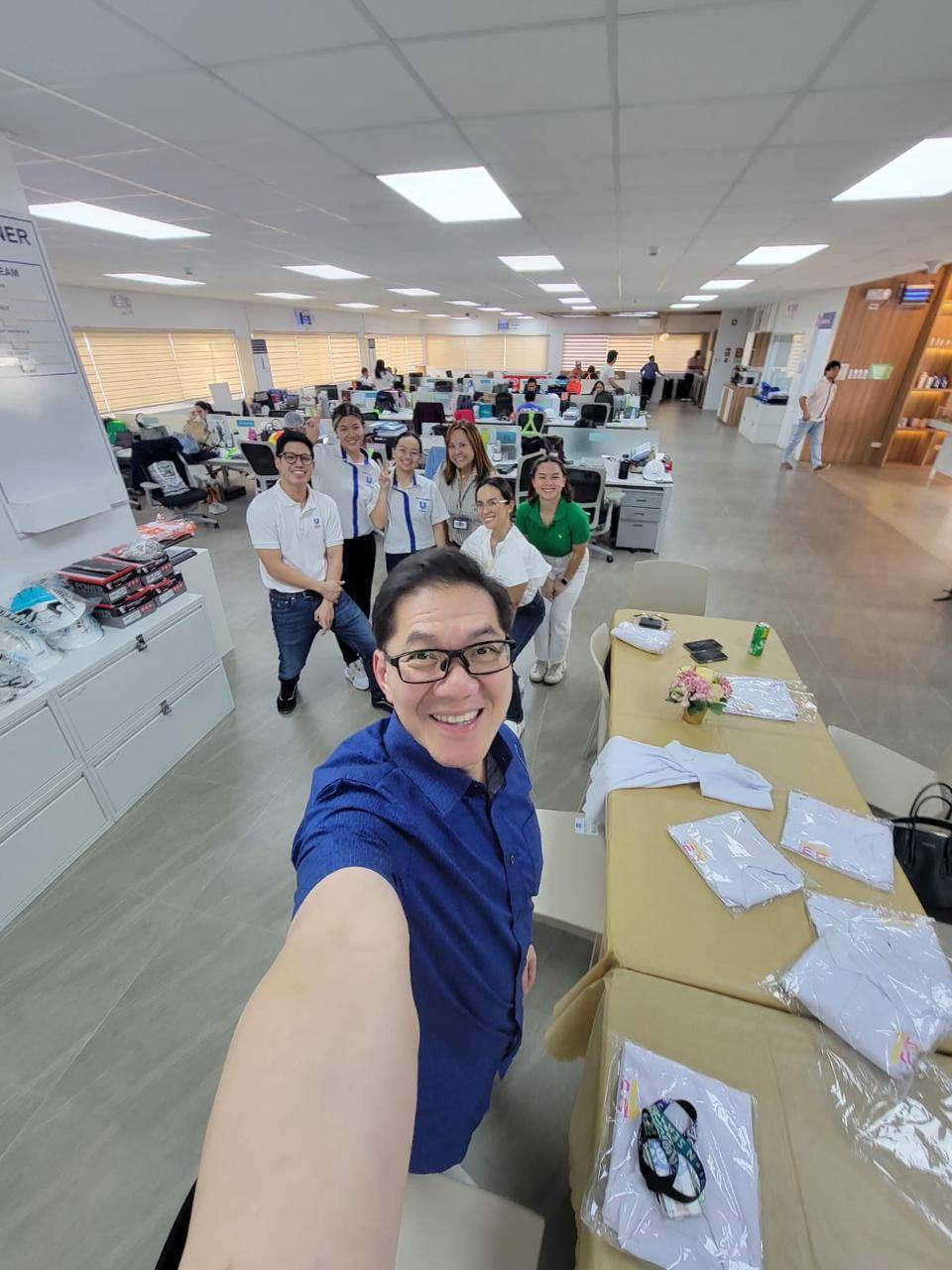
We’re also building a data-driven culture within our company so that data literacy is accessible for all. Our employees receive training and acquire skills to ensure that every move is backed by data analysis and actionable insights. This shift isn’t just about technology—it’s about empowering our people to thrive in an increasingly data-centric world. Nobody should feel that they are left behind. As we invest in the growth of our people, we are also investing in Unilever’s future. As I look ahead, my goal is not to create more “Unilifers” but to help shape a team that is built on our shared value of “malasakit” (empathy) for the work that we do, for our diverse teams and the communities that we serve. It is a legacy that I strive for, one that I hope transcends organizations and generations.
(The author is chair and CEO at Unilever Philippines.)














